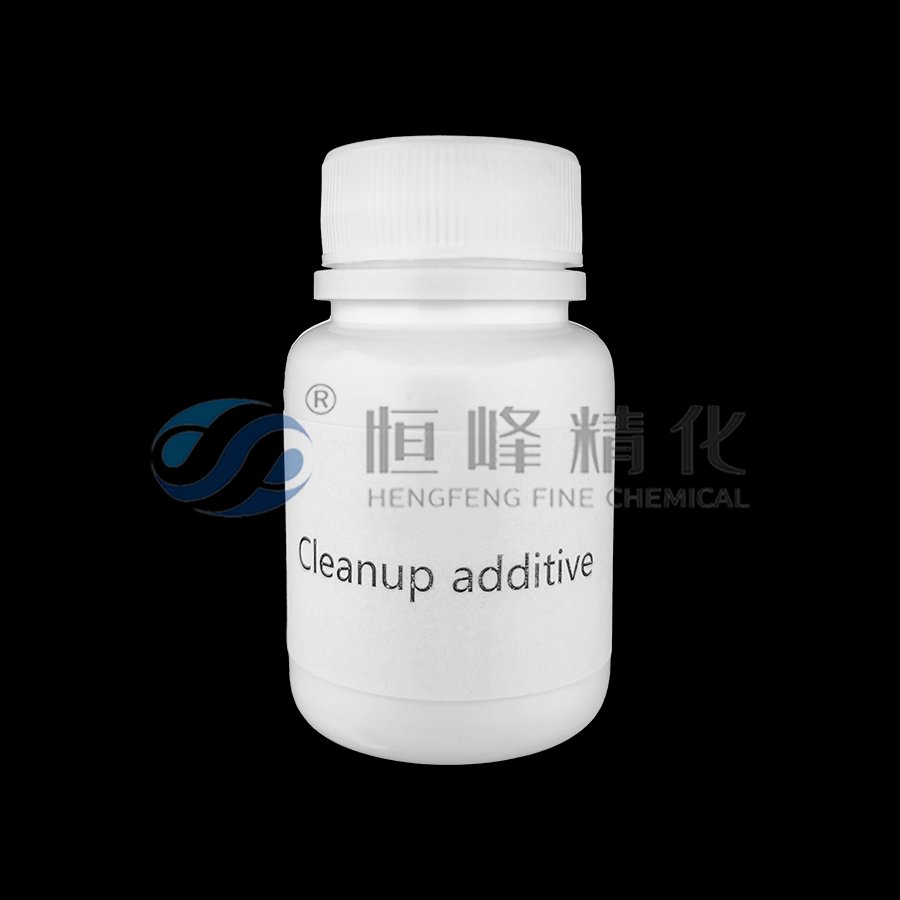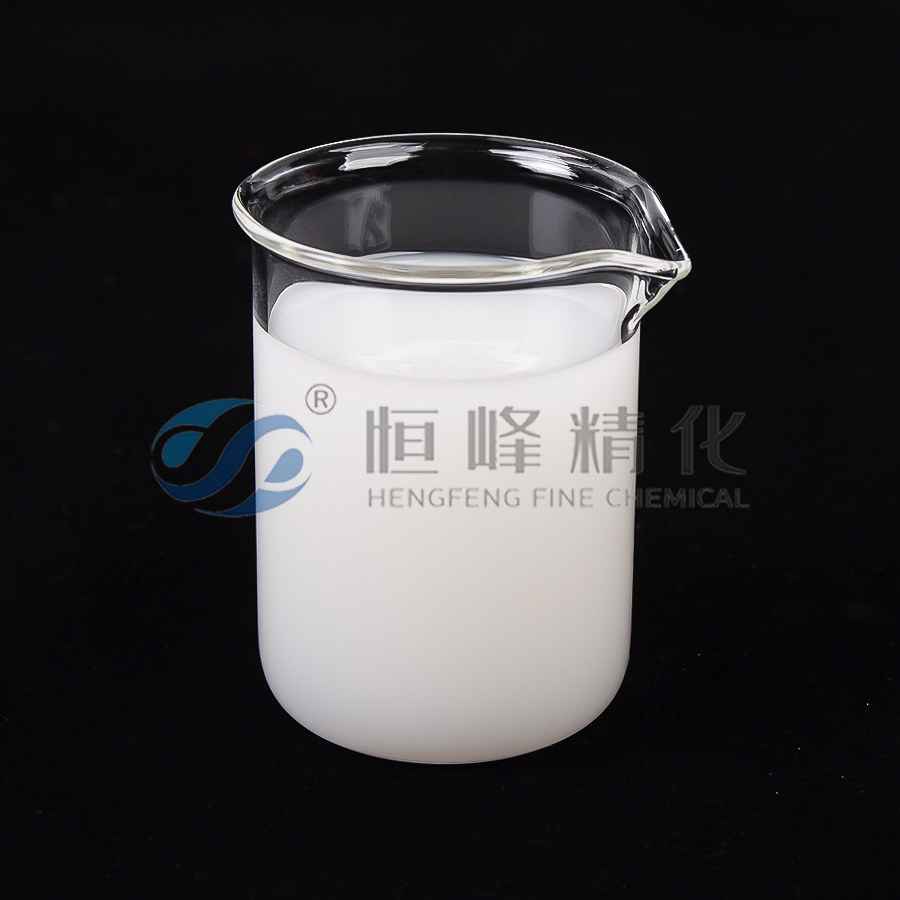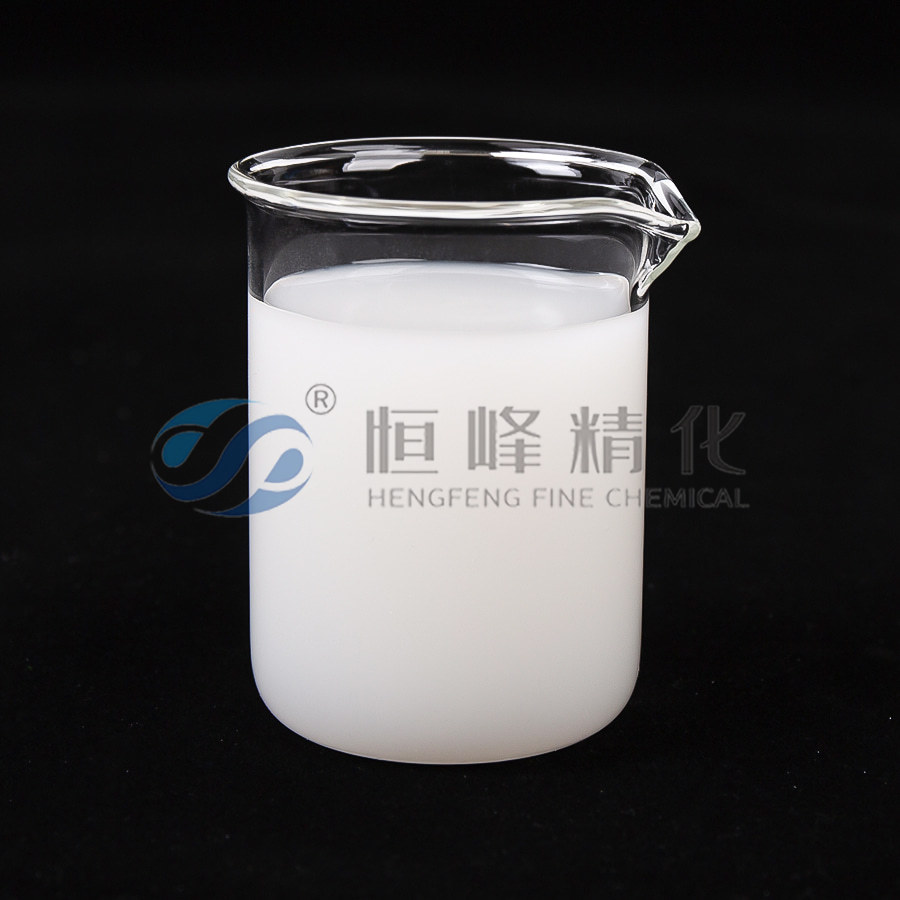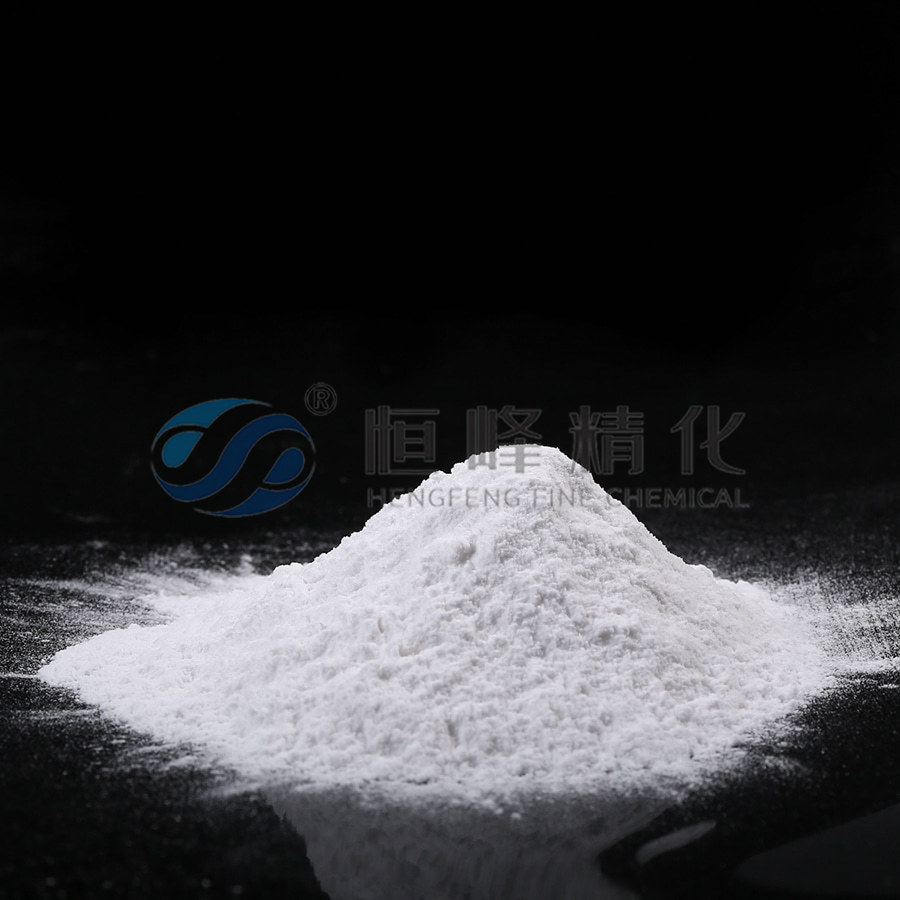The Role of Mineral Processing Flocculants in Enhancing Efficiency
mineral processing flocculant are essential chemical agents used in the extraction and purification of minerals. These flocculants play a critical role in separating valuable minerals from waste materials, improving the efficiency and sustainability of mineral processing operations. By facilitating the agglomeration of fine particles, Mineral Processing Flocculants help to create larger, easily separated solids that can be removed from the processing stream.
The flocculants commonly used in mineral processing are typically water-soluble polymers. These polymers are designed to interact with negatively charged particles, such as clay, sand, and other fine mineral particles, allowing them to clump together and form flocs. This process, known as flocculation, is crucial for the efficient separation of these particles in various stages of mineral processing, including flotation, filtration, and sedimentation.
Flocculants used in mineral processing can be either anionic, cationic, or nonionic, depending on the specific requirements of the operation. Anionic flocculants are typically used when the particles to be flocculated carry a positive charge, while cationic flocculants are used when the particles carry a negative charge. The choice of flocculant depends on factors such as the type of ore, the chemistry of the slurry, and the specific conditions of the processing plant.
Using too much flocculant can have several negative effects. It may to over-flocculation, causing the formation of overly large flocs that are difficult to separate and may clog the filtration system. Excessive flocculant use can also result in increased chemical costs and the need for additional washing or dewatering processes to remove excess chemicals from the final product. Furthermore, it may impact the overall efficiency of the separation process.
Mineral processing operations must carefully control the amount of flocculant used to optimize both cost and performance. This is typically achieved through a combination of laboratory tests and real-time monitoring of the flocculation process to ensure the correct dosage is applied.
In conclusion, mineral processing flocculants are indispensable for optimizing the separation and purification of minerals. When used properly, they enhance the efficiency of the processing plant and help minimize the environmental impact of mining operations. To learn more about how flocculants can improve your mineral processing, visit


 English
English Español
Español عربى
عربى Français
Français Русский
Русский Tiếng Việt
Tiếng Việt
















